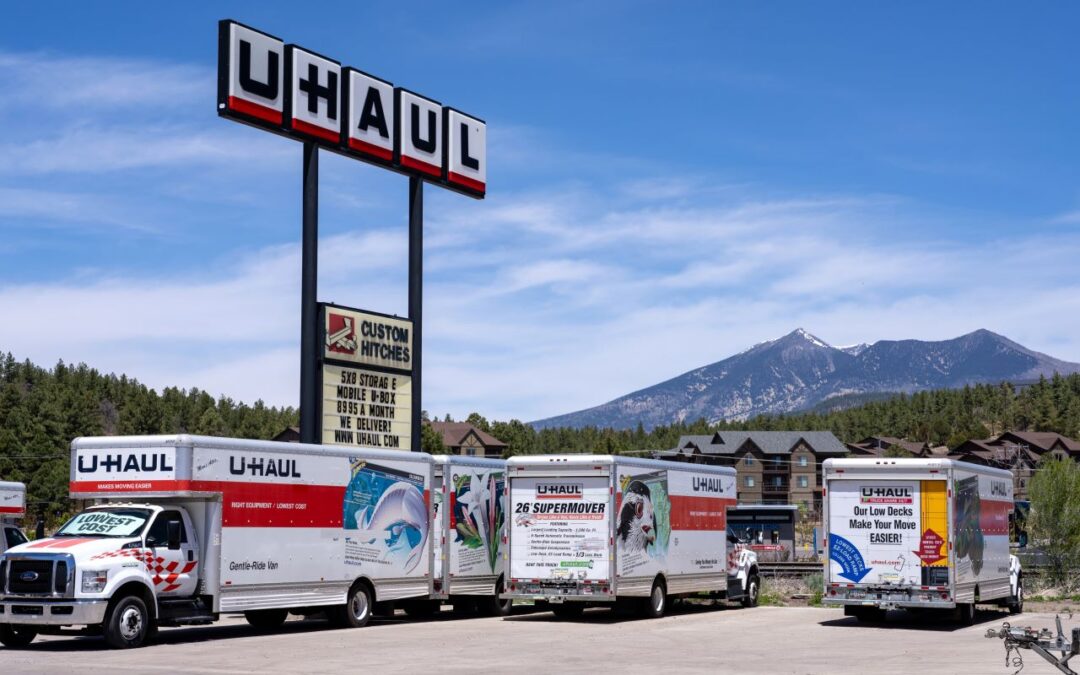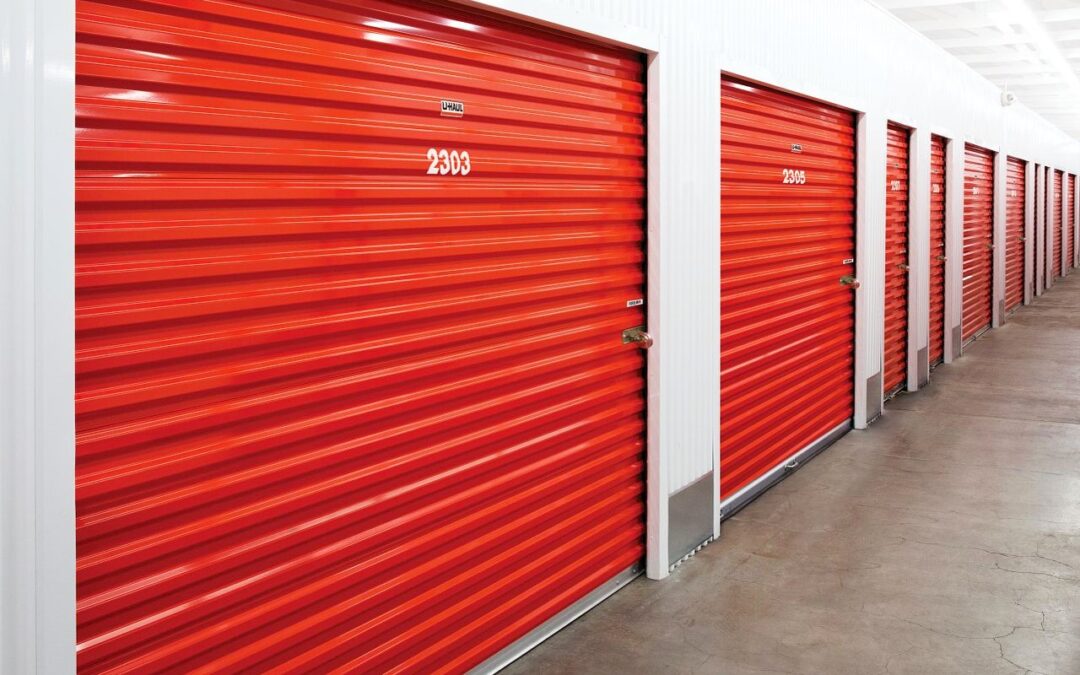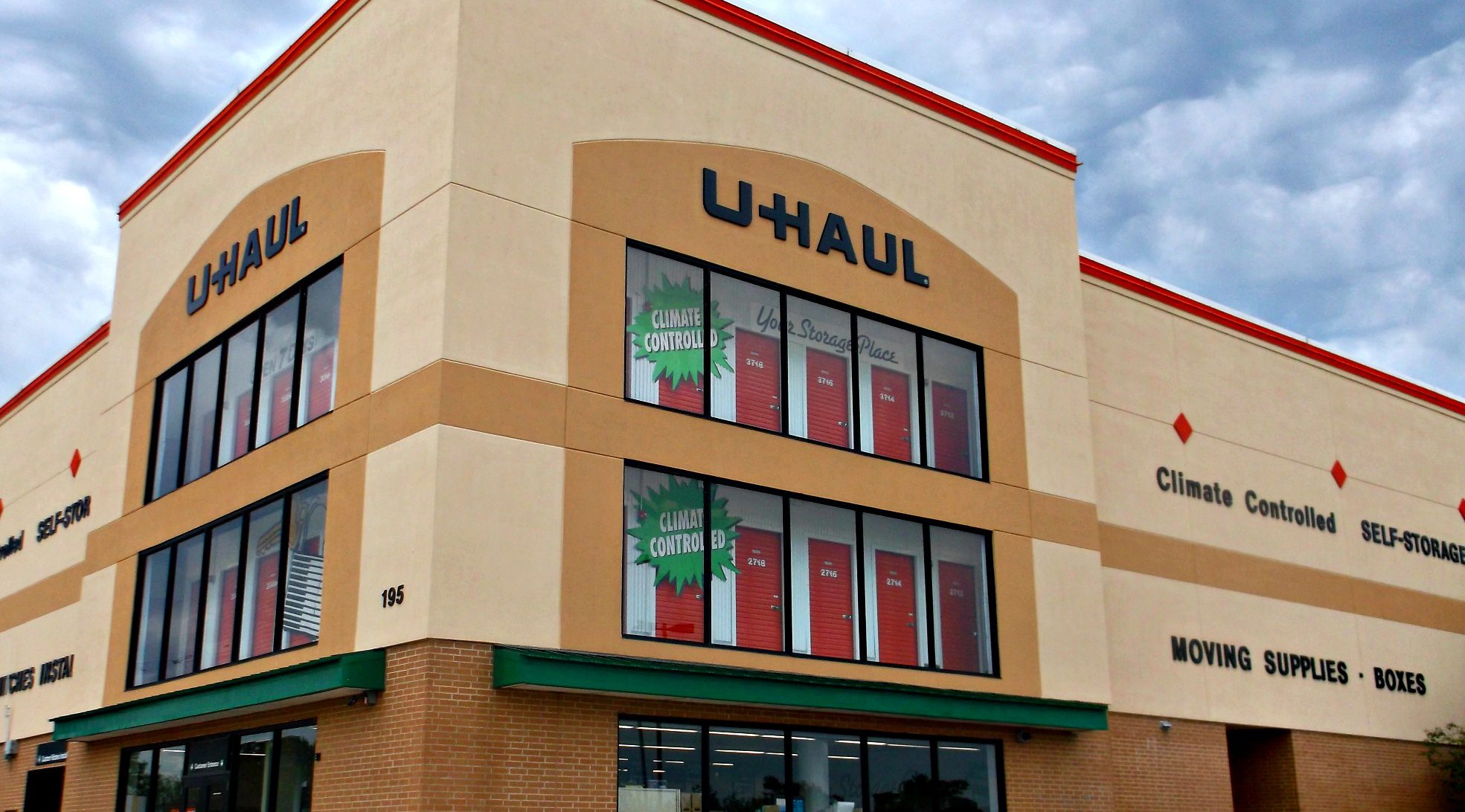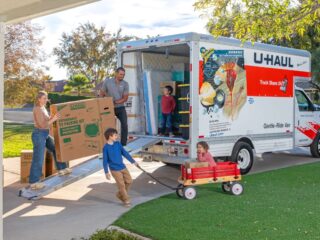North Carolina is the No. 9 growth state in America, according to U-Haul® data analyzing migration patterns from 2020.
Tennessee edges Texas, the leading growth state from 2016-18, and Florida, the No. 1 growth state for 2019, for top honors on the new U-Haul chart. Ohio and Arizona round out the top five states for growth.
North Carolina slides six spots from its No. 3 ranking in 2019, but remains a top-10 growth state for the fourth time in six years. U-Haul had the Tar Heel State No. 1 in 2015 and No. 7 in 2017.
Growth states are calculated by the net gain of one-way U-Haul trucks entering a state versus leaving that state during a calendar year. Migration trends data is compiled from more than 2 million one-way U-Haul truck-sharing transactions that occur annually.
Colorado, Missouri, Nevada and Georgia complete the top 10 growth states, amplifying a 2020 stronghold for the Southeast and Southwest regions in attracting do-it-yourself movers.
California slides one position to 50th as the state with the steepest out-migration – or the largest net loss of U-Haul trucks crossing its border. New York ranks 42nd. Illinois is 49th.
North Carolina Growth Data
People coming to North Carolina in one-way U-Haul trucks increased more than 11% during the past year, while departures rose 12% over 2019. Despite the larger increase in departures, arrivals still accounted for nearly 50.2% of all one-way U-Haul traffic in North Carolina during 2020 to make it the No. 9 state for netting DIY movers.
North Carolina’s leading growth cities are Asheville, Winterville, Clayton, Mooresville, Wilmington and Chapel Hill. Other notable net-gain cities include Sanford, New Bern, Gastonia, the Raleigh-Durham corridor, Winston-Salem and Greensboro.
While U-Haul migration trends do not correlate directly to population or economic growth, the Company’s growth data is an effective gauge of how well cities are attracting and maintaining residents.
U-Haul is the authority on migration trends thanks to its expansive network that blankets all 50 states and 10 Canadian provinces. The geographical coverage from more than 22,000 U-Haul truck- and trailer-sharing locations provides a comprehensive overview of where people are moving like no one else in the industry. Find local U-Haul stores and neighborhood dealers at uhaul.com/locations.
As an essential service provider, U-Haul has remained open throughout the COVID-19 outbreak while offering contactless programs and enhanced cleaning protocols, including added steps for sanitizing equipment between customer transactions. U-Haul products are used daily by First Responders; delivery companies bringing needed supplies to people’s homes; small businesses trying to remain afloat; college students; and countless other dependent groups, in addition to the household mover. Visit uhaul.com/announcement for more information on how U-Haul keeps its customers and Team Members safe.
What They’re Saying About North Carolina
“COVID-19 caused a hiccup for many states, but here we’re still full steam ahead, Because North Carolina’s workforce is so tech-heavy, many companies have allowed employees to work from home. The other part of that is North Carolina still giving people some freedom of movement. There are some restrictions and everyone is being cautious, but people are still able to work. That’s an asset. The housing market in North Carolina is off the chain. Charlotte is No. 3 on Realtor.com’s® top housing markets. Builders can’t keep up with the demand. Homes for sale are only on the market for 5-13 days. I’ve also noticed a lot of new residents coming from New York and New Jersey. Some are arriving because they have family here. And because there is a huge demand for U-Haul services in North Carolina, we’re expanding our dealer network – and U-Haul has plenty of opportunities for work.” — Chuck Watson, U-Haul Company of Raleigh president.















